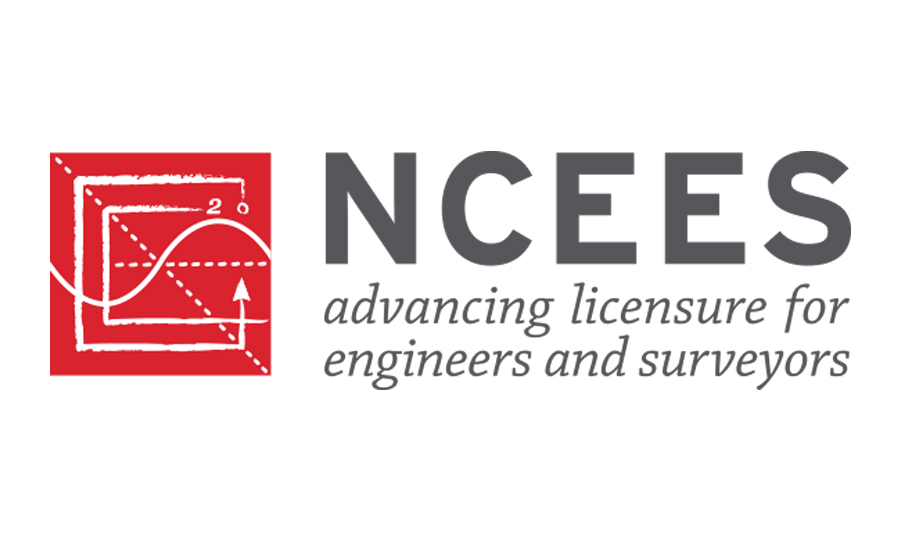Calendar Icon
Jul 06, 2022
![]() RSS
Submit a Story
RSS
Submit a Story

A design submitted by a team of students from the Durham School of Architectural Engineering and Construction was chosen to receive the $25,000 grand prize of the 2022 National Council of Examiners for Engineering and Surveying (NCEES) Engineering Education Award. The team is comprised of students from the Durham School's Master of Architectural Engineering (MAE) program.
For the winning project, the Durham School team was tasked with completing a design for a student success center on the Tarrant County College campus in Fort Worth, Texas. The team faced many design challenges, including providing resiliency to handle natural disasters, emergency planning utilities, and overall building performance enhancements. The jury praised the project for its integration of students, faculty, and professional engineers on a complex, real-world project.
According to Clarence Waters, Aaron Douglas Professor of Architectural Engineering, "this is the third time in the last six awards that a Nebraska AE Team Design has won the Grand Prize - the only course, program or university in all U.S. engineering programs to have won the Grand Prize more than once."
The NCEES Engineering Education Award recognizes engineering programs that encourage collaboration between students and professional engineers. EAC/ABET-accredited programs from all engineering disciplines were invited to submit projects that integrate professional practice and education.
A jury of NCEES members and representatives from academic institutions and engineering societies selected the winners from 21 entries. The jury members considered the following criteria:
-
Successful collaboration of faculty, students, and licensed professional engineers
-
Protection of public health, safety, and/or welfare of the public
-
Multidiscipline and/or allied profession participation
-
Knowledge or skills gained
-
Effectiveness of display board, abstract, and project description
Submit a Story